WORLD FORUM
One thousand participants from a hundred countries convened in Strasbourg to attend the Forum promoted by the Council of Europe. Three days of debates, workshops, exhibitions and events to better understand the existing relationship between the growing flow of information, news credibility, freedom of expression, along with informed and “knowledgeable” participation of citizens in democratic life

“A vital bond links democracy, citizenry and freedom of expression. Its absence leads to the exclusion of our fellow citizens from decision-making processes, who are thus prevented from exercising their rights.” With these words on November 6 Liliane Maury Pasquier, President of the Parliamentary Assembly of the Council of Europe (PACE) opened the World Forum for Democracy, promoted and hosted by the CoE in Strasbourg with the overarching title: “Is democracy in danger in the information age?”, to prompt reflection on “the rapid transformations in the area of communication and information in the Internet era.”
“Who checks the reliability of sources?” Until not long ago, most of our information came from print publications, television and radio. Today these are being replaced “and often eclipsed by websites, blogs and social media”, with hundreds of millions of users, simultaneously recipients and protagonists of information. Now the question is: “who checks and controls the reliability of sources of information? Which languages are used? How much misinformation, whether or not intentionally, is disseminated across the web? Who owns and uses the personal data of Internet users?”: these questions are being addressed by experts, politicians and journalists. The majority of participants in the Council of Europe event are young people, with 3,000 registered members who are following the Forum via streaming from world countries. Some one hundred nations are represented at the Palais de l’Europe, mainly from Europe, Africa and Asia.
Solid institutions. “Can democracy withstand the impact of the Internet? It can, provided that institutions and democratic processes are solid and transparent, and citizens are involved and engaged”, declared Council of Europe Secretary General, Pejčinović Burić at the Forum, with a reflection on the profile of modern democracies, “challenged” by the new opportunities offered by the Internet. Many speakers will take part in the discussion panels of the three-day Forum, that includes workshops, special events and exhibitions. “The Internet has created vast areas of freedom,” – Buric pointed out – “there are no boundaries, the horizon of knowledge is broadened, personal friendships develop across continents, the news can be disseminated more easily…”. However, almost every speaker pointed at the “quality” of information (anyone can disseminate real or fake news on the Internet), along with the importance of journalism education and training, the broader challenge of the “popular” cultural dimension, and the pressure for disinformation (fake news) driven by political or financial interests. Buric urges to look ahead: “will what is now being created in the field of information still be useful and constructive in a decade’s time, or will it be outdated?”.
Oxygen and fuel. “Information is the oxygen and fuel of democracy. That said, there is a problem which involves the quality of information.” Claudia Luciani is the Director of Democratic Governance and Anti-Discrimination at the Council of Europe. She brought her contribution to the World Forum of Democracy stressing the rapid pace of transformations in the sphere of information, that is “posing new challenges to all stakeholders, from institutions to schools to families.” Thus “there is a need for education in the use of these new tools. So far we were primarily concerned with what should not be done on the web, but less so with positive proposals, i.e. ways to make the best use of the Internet and the opportunities it provides.” Luciani mentioned a number of initiatives, such as those designed, for example, for teachers with a view to promote a more effective use of information and communication tools. “Also because – she underlined – it often happens that students are more knowledgeable about this than teachers themselves.”
How to navigate through the news. “There is an urgent battle to be fought in Europe and throughout the world that relates to the protection and processing of personal data” on the web, declared Enrico Letta, former Prime Minister of Italy, Dean of the Paris School of International Affairs (PSIA) at Sciences Po in Paris, among the panel speakers in the Forum. “In order to win an election campaign, in any country, personal data” of voters “and the use that is made of it” play a decisive role today. It is an undeniable challenge to democracy,” Letta said, among the most popular speakers for selfies with young people. “We must bear in mind that this data is in the hands of a few global players who “can influence citizens’ votes” and consequently the politics of “our Countries.” He commented to SIR: “The fact that so much information is available today shows that this is a time marked by many positive opportunities for democracy, because democracy needs information. This broadens the scope of possible players. However, the question is how everyone can access the tools they need in order to be informed and navigate through this huge tide of news. That’s why the educational question is key. It doesn’t mean educating to the truth. It involves educating to critical thinking. More education is the only possible solution.”